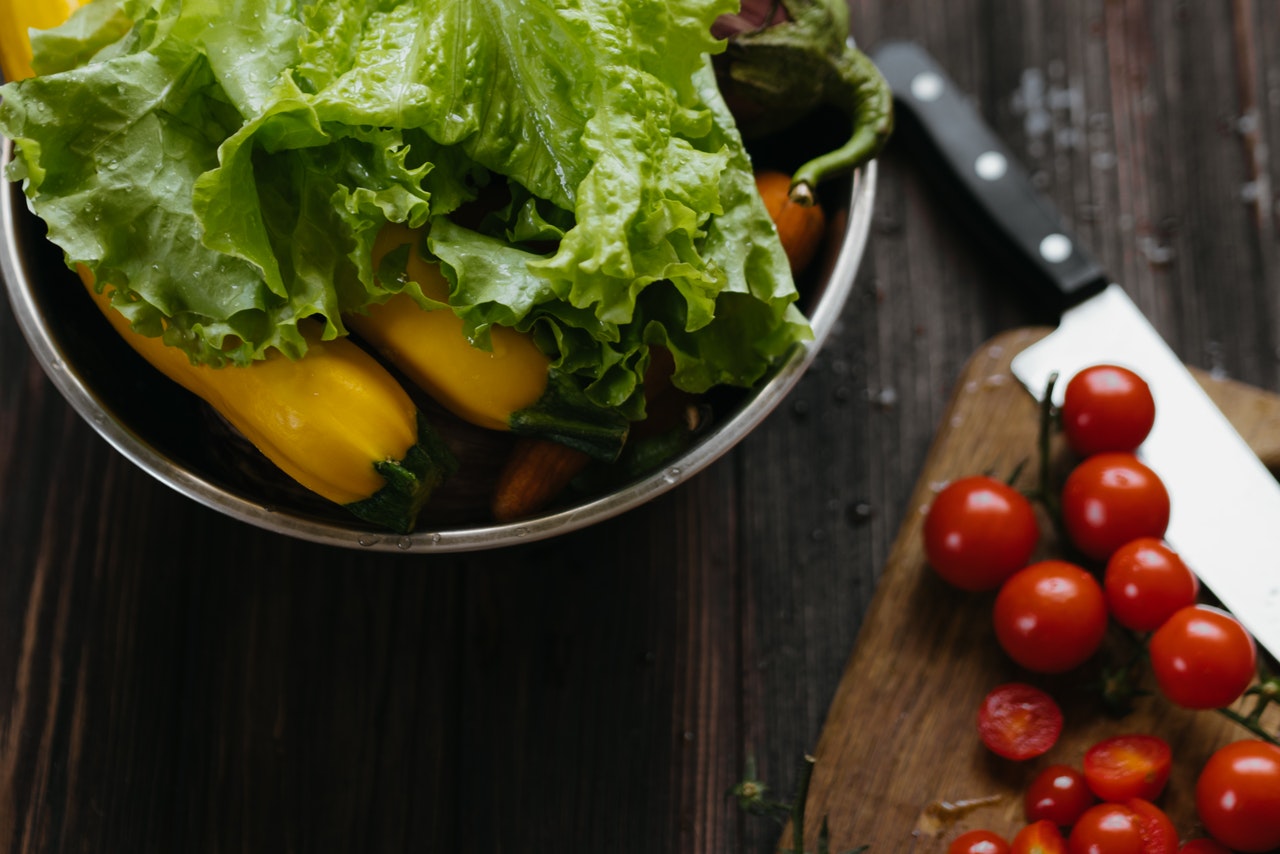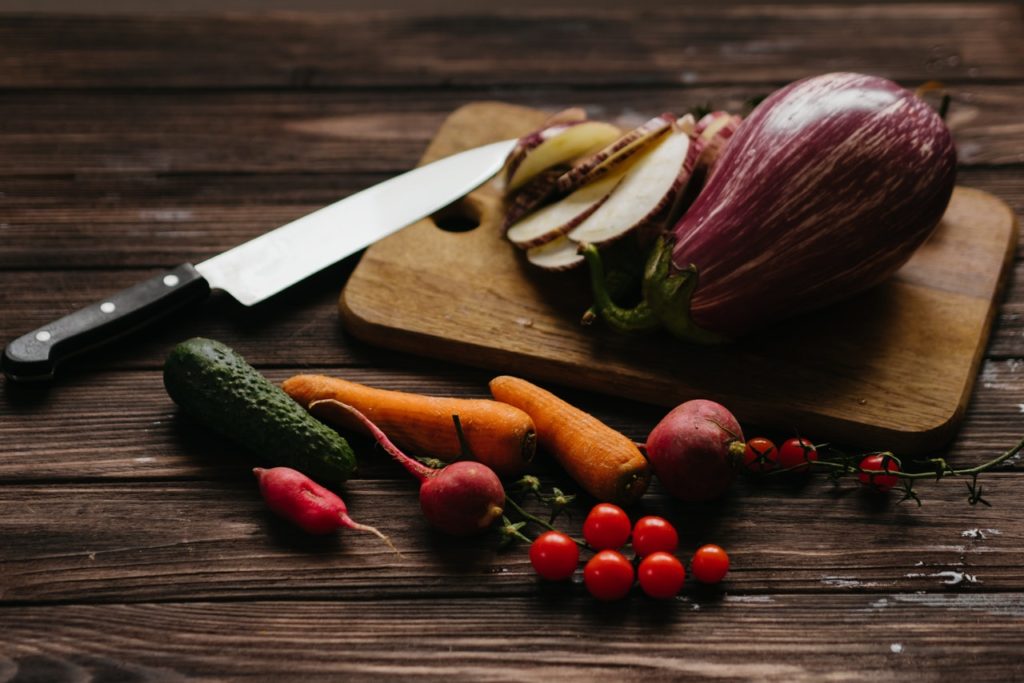Let’s be honest; living healthier can usually cost more. However, if you want to ensure a better lifestyle or well-being and good nutrition, those few extra dollars are definitely worth it. Over the last few years, the demand for organic food has slowly increased, meaning their price tags have also come up.
While shopping organic so you can eat healthily might be a bit more expensive, there are still practical ways to maintain that diet or eating habit. Here are eight ways to save money on organic groceries:
Stick to the basics
There are two ways to do this, one is to stick to basic healthy food and the second is to the tried and tested cost-cutting grocery methods. If you’re opting for the first one, you are prioritizing healthy food items like legumes, grains, or nuts and cutting down expenses on junk food like soda or chips. As for the second option, you need to smart in creating your grocery list, pay attention to costs or unit pricing, always bring a calculator with you, and never shop hungry.
Be organized
One way to be smart with your spending is to be organized. Plan and track everything you’ll be buying and list down what food you actually need. Also, clean your fridge and pantry once every two weeks and write grocery lists in your kitchen so you can easily monitor your supplies. Additionally, it’ll be better to use see-through containers and label your leftovers so you can be reminded to eat them.
Buy in bulk
As long as you can eat the food before they go bad, purchasing in bulk is always a great idea. Some examples of bulk items you can buy include pasta, rice, seeds, grains, cereals, and nuts. Filling up your bags with these organics can also save you tons of money. Just ensure you also have the proper storage space for them to avoid any spoilage.
Shop seasonally
Take advantage of seasonal price drops or sales when shopping for organic produce or meat. Keep in mind though that seasons for items like meat may vary depending on your location. For instance, pork season usually happens later in fall, while beef season starts after the fall’s first cold spell. Planning your menu and shopping seasonally will allow you to save money without sacrificing how your food tastes.

Know your labels
If you want to buy real organic food, you need to be a smart buyer who understands the labels. Look for labels such as 100% Organic, Certified Organic, and USDA Organic. Note that terms like “cage-free”, “all-natural” or “natural” aren’t actually reliable as they don’t have government force behind them. As for items labeled “made with organic ingredients, they are just about 70% organic.
Use coupons
Coupons on organic food items may be hard to get, but they are actually worth the effort. You can find coupons today on items such as organic pasta sauces, grains, and other homegrown products. The best way to be updated with the latest discounts or coupons is by signing up for a newsletter of your favorite organic brands or stores. They often send out exclusive coupons for their loyal customers there.
Cut down unnecessary expenses
Creating more room in your budget is another thing to do if you want to be on the road to organic living for a long time. Some ways to save money are by stopping to buy take-out coffee and just making it at home instead, canceling unnecessary subscriptions, and cooking your own food. However, be careful to not cut down on things that deserve to be a priority. These include your personal savings or emergency funds, house repairs, and maintenance, as well as health-related costs like your pet’s regular visit to a local veterinary clinic or your monthly dental appointments. These things might take up a huge chunk of your budget, but they should be included in your non-negotiables.
Learn to cook simply
Cooking your own food can save you tons of money. At least learn how to cook simple yet tasty organic meals, soups, sauces, and even bread. Do a quick research online and find recipes that don’t require too many ingredients but are packed with flavors. For instance, you can create a homemade pasta sauce using organic tinned tomatoes, garlic, and home-grown herbs for half the price of store-bought ones.
Switching from conventional groceries to organics can be quite hard at first. But once you master being a practical and smart shopper, budgeting for organic meals won’t be a problem. Apart from our tips, finding a reliable organic food store is also a great way to ensure you’re getting products that are worth your money. Make smart purchases and maintain good nutrition and a healthy diet for yourself.

